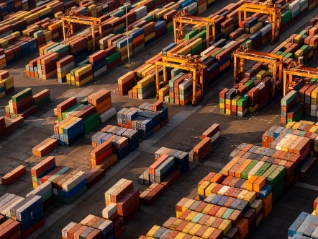Atradius Atrium
Log in op ons online credit management platform. Het biedt u toegang tot alle Atradius online applicaties in één omgeving.
 Nederland
Nederland










Kijken op 7 van 37







Kijken op 7 van 146
Kijken op 7 van 19